There is a huge variety of plants on Earth in different shapes, colors and scents. Many of them contain compounds invisible to the naked eye - they are in the root, flower or seed, bark or other part of the plant. These compounds are called essential oils.
They are distinguished by their strong concentration, which makes them very powerful. They are also known as volatile aromatic compounds and give the plant its fragrance while protecting it from harmful environmental conditions and insects, even sometimes playing a role in pollination.
The chemical composition of essential oils allows them to quickly disperse into the air and therefore the strong aroma of the plant from which they originate is easily perceived. Since there are about 3 thousand types of essential oils widely used in people's lives, it is difficult to know them all. However, it is good to know the most useful essential oils, how they are made, what effect they have on the body and how to use them.
How are essential oils made?
Essential oils are not the same. The purity of oil depends on geographical location, distillation method, weather and other factors. Also, despite the care and selection of the plant, the quality of the oil can be preserved or destroyed in the distillation process. Therefore, extracting essential oil sometimes gets close to an art. The precision of the distillation is of the utmost importance.
The exact distillation process varies by plant. However, all go through a specific distillation process, often using machines to separate the essential oil from the plant parts. When extracting citrus oils, for example, machines (presses) separate the essential oil from the peel of the fruit. Other times, the process is simpler, mechanical, or they are extracted using other substances - solvents. The most commonly used methods are:
- Steam distillation - about 80 percent of oils are extracted this way. The material is processed by passing them through steam, which releases the essential oil. Lavender, chamomile, ginger, cinnamon, black pepper, tea tree and others undergo the method most often.
- Cold pressing - mechanically or manually the material is crushed. This way, the special cells in which the essential oil is located are destroyed and release the essential oil. Bergamot, tangerine, orange and other citrus are most often processed by this method.
- Solvent extraction - the oils obtained in this way are known as absolutes and are not pure essential oils, because chemical components of the solvent remain. They are then filtered to remove waste products. Delicate flowers such as neroli, rose and jasmine go through this treatment.
- Extraction with carbon dioxide - a new method that uses high pressure and low temperature. It is expensive and therefore rarely used. The extraction takes place in a closed chamber and is fast and is used so that the most sensitive and volatile aromatic molecules are extracted undamaged.
Action of essential oils and their benefits
The therapeutic effect of essential oils has been known for a long time, but the whole huge palette of possibilities for their application has yet to be revealed. They have an equally strong impact on both physical and emotional health.
Since ancient times, people have used essential oils to strengthen their health. They soothe skin irritations, promote healthy digestion, maintain good oral health, clear the respiratory tract.
The emotional benefits of essential oils are no less important. With their unique chemical structures, each of them brings some kind of benefit to the user. Some are soothing and toning, others energizing and uplifting and still others warming and relaxing. Each causes the body to go through some emotion to maintain its well-being.
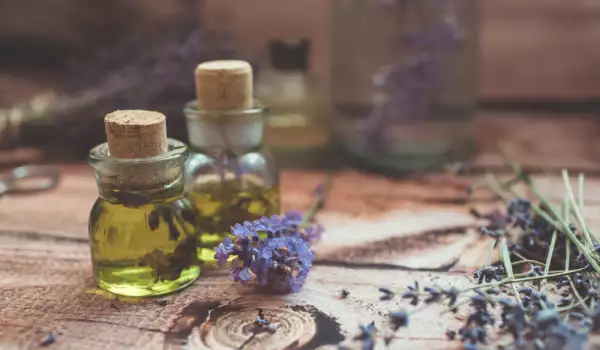
The most useful essential oils
It is difficult to make a ranking of the most useful essential oils because each of them is unique for a certain need, but still there are among them those that have multidirectional effects, so they can be placed in the category most useful.
Lavender oil
This oil heals all kinds of everyday ailments - old scars, burns, wounds, fear neurosis, insect bites, migraines. It has an anti-inflammatory, analgesic and anti-infective effect. Tones the heart and relaxes the muscles.
Rose oil
This is a rare, valuable and expensive oil. It has an astringent and toning effect. It regenerates skin cells and removes wrinkles. It is one of the most expensive perfumes in the world.
Lemon oil
The best solution for nail care, but also works great for nausea, vomiting, cellulite, acne, fatigue, excess weight, indigestion, colds and flu. The Romans called lemon essential oil a cure for all pains.
Mint oil
Everyone knows that mint can help with stomach ailments. The essential oil is an excellent remedy for nausea and vomiting, but also for itching and headaches. It is a good remedy for bad breath, inflammation of the gums, joint pain and general fatigue.
Tea tree oil
This oil is valuable for its antibacterial and anti-inflammatory properties and therefore should be part of your medicine cabinet at home. You can use it for winter illnesses and skin problems.
Sandalwood Oil
Sandalwood essential oil is known to everyone for its aroma and is therefore an ingredient in perfumery and cosmetics. However, it also helps with impotence. It also has a good effect on insomnia and problems with the urinary tract.
Chamomile Oil
Chamomile and its essential oil are valued for their antibacterial effect, antispasmodic and anti-inflammatory properties. It gives a good result for hair loss and colds.
Rosemary oil
This oil is an excellent concentration stimulant and is suitable for physical and mental stress. It also treats problems of the respiratory system.
Eucalyptus oil
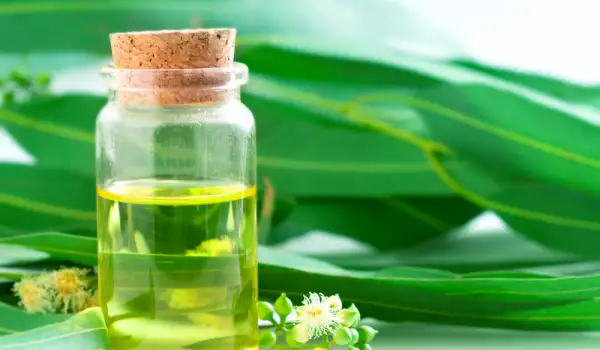
This essential oil is a powerful cleansing agent. Strengthens immunity, disinfects the air and helps with cough and sinusitis.
Ginger oil
In case of lack of tonicity, digestive problems, heartburn, seasickness, flu, runny nose, cold, sore throat and sinusitis, this oil will show its capabilities. It also aids digestion and is an important aphrodisiac.
Grapefruit Oil
This essential oil is mainly known for its skin and hair benefits. It is used in the treatment of hair loss, cellulite, acne and oily hair. However, it also has a good effect on fatigue and depression.
The role of the most popular essential oils in our daily life
The important questions that arise around the most used essential oils are: how they are applied, in what doses, for what needs and if there any contraindications to be aware of.
When we answer these questions we understand the multi-functionality of each essential oil. By inhaling its aroma, we accept all the associations that the plant from which it is extracted awakens and it affects our body and mind at the same time.
Therefore, there is general agreement that the pharmacological effects of essential oils are similar in humans, but the psychological effects are very different. The choice must be made very carefully when looking for a psychological effect, because the role of essential oils on the mind is much greater than we often realize. The process on revealing the effects of essential oils on humans continues.
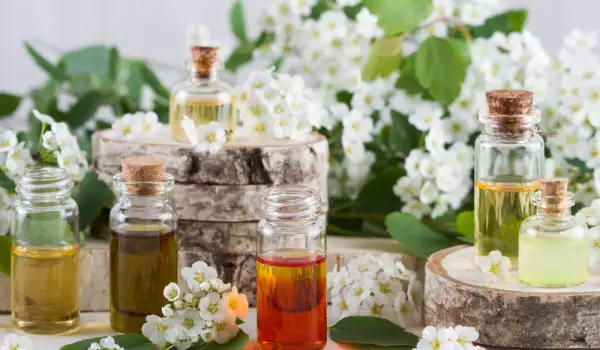
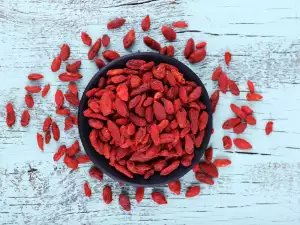

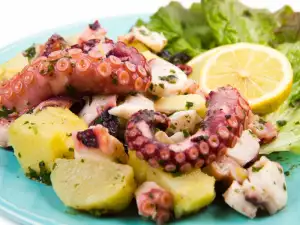



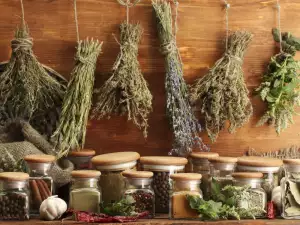



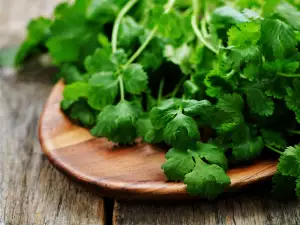
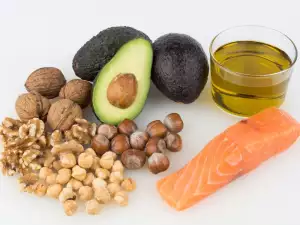
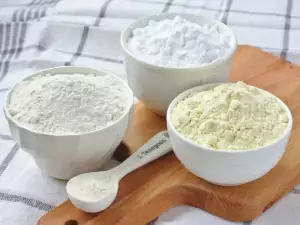






Comments